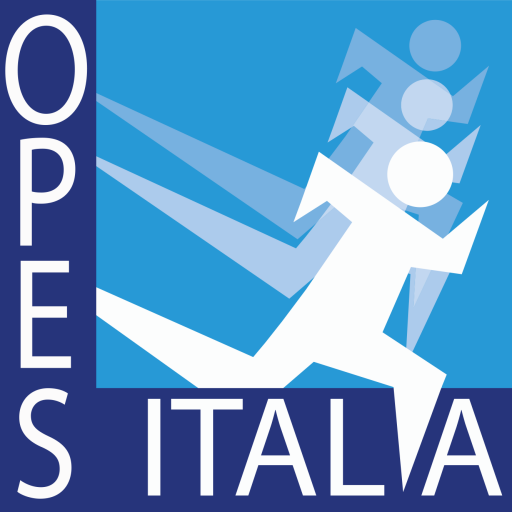On 15th and 16th of February, our partner, LOGOS Basket sedavì, hosted the BAGS Team in its town for a two days of intensive training course involving the team of the project from three different countries (Italy, Spain, Romania)
23 participants met in Sedavì, for the training course hosted by the city hall of the town.
The meeting: first day at Sedavì municipality
After the meeting at a local caffe where people started to know each other informally, each participant went to the training session where a very special welcoming was given by the major of Sedavì, who stressed the importance of investing in the sport sector and of sport benefits for local communities in terms of physical and psychological terms.

After the presentation of the project to the audience, ENGSO project manager Niki Koutrou, introduced the topic of sport and environment, presenting some important data and research results. Then, she focused on the practice related to the european project Play Green and the use of the “Green tool”, an important guideline, useful to reflect on the topic and plan local activities to improve environmental sustainability in sport.
Following this, each partner introduced themself to the rest of the audience bringing three good practices that promote environmental sustainability through sport in their countries.
The next step of the training let participants analyzing the needs of their own reality, focusing on what happens during training, competitions but also social events done in connection to the sport field and structures.
The day was concluded with the visit at the Sedavì sport centre where Logos Basket Sedavì organize its training and competition. The visit was also the occasion to see and talk about the sustainable practices put in place in the centre with the support of the municipality.
From inputs to planning
After being introduced to the Green Tool and how we can use different tools to measure environmental sustainability at events, the participants were asked to divide themselves into groups. The 16th February morning was, indeed, dedicated to team work and participants passed from receiving inputs, information and tools to actively planning.
This was an activity that required strategy, collaboration, and problem solving to come up with an event that was as environmentally sustainable as possible. Using the green tool, the group members were asked how realistic the event actually was using a scoring system of 1-5. The idea of this assignment was for each participant to think outside the box and come up with solutions that they could put into practice in their respective countries.

All the groups presented their proposals to the audience to get some feedbacks.
The exercise set the base for the next phase of the project in which each group is committed to continue the work in their own reality, defining a pilot activity proposal to be implemented.
The next months, indeed, will see participants piloting their activities and collecting feedbacks. In doing so, each group will also try to involve volunteers and see what happen.
Next steps: from Sedavì to local realities. Stay tuned to see what happens and how t be involved !!!
